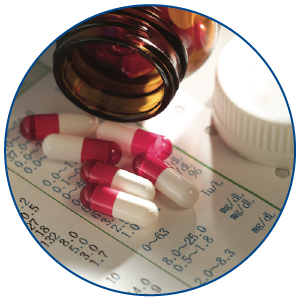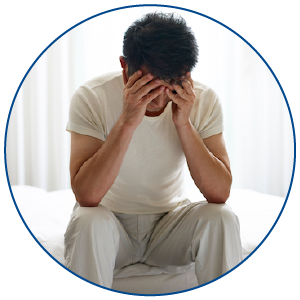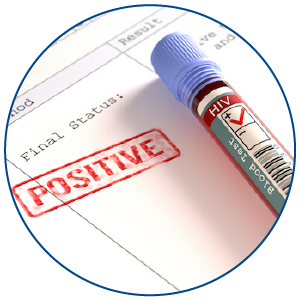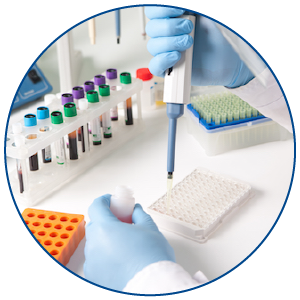
Treatment
- Treatment of gonorrhoea involves taking a single dose of antibiotic tablet(s) or having one antibiotic injection.
- If there is a high chance you have the infection, treatment may be started before receiving the check-up results.
- You will be given treatment if your partner is found to have gonorrhea, even you do not have any symptoms.
- You may also need other treatment if complications have occurred.
What happens if Gonorrhoea is not treated?
If gonorrhoea is treated early, it is unlikely to cause any long term problems. However, without effective treatment, the infection can spread to other parts of the body. The more times you have gonorrhea, the more likely you are to get complications.
- Gonorrhoea can lead to a painful infection in the testicles and prostate gland and possibly reduced fertility.
- Less commonly, gonorrhoea can cause inflammation of the joints and tendons, and skin lesions.
- Rarely, gonorrhoea can also cause inflammation of the membranes of the brain and spinal cord (meningitis) and the heart.
Reference
“Gonorrhoea” – The family planning association of UK
http://www.fpa.org.uk/helpandadvice/sexuallytransmittedinfectionsstis/gonorrhoea
Marangoni A et al. Evaluation of the new test VERSANT CT/GC DNA 1.0 assay for the detection of Chlamydia trachomatis and Neisseria gonorrhoeae in urine specimens. J Clin Lab Anal. 2012 Feb;26(2):70-2




